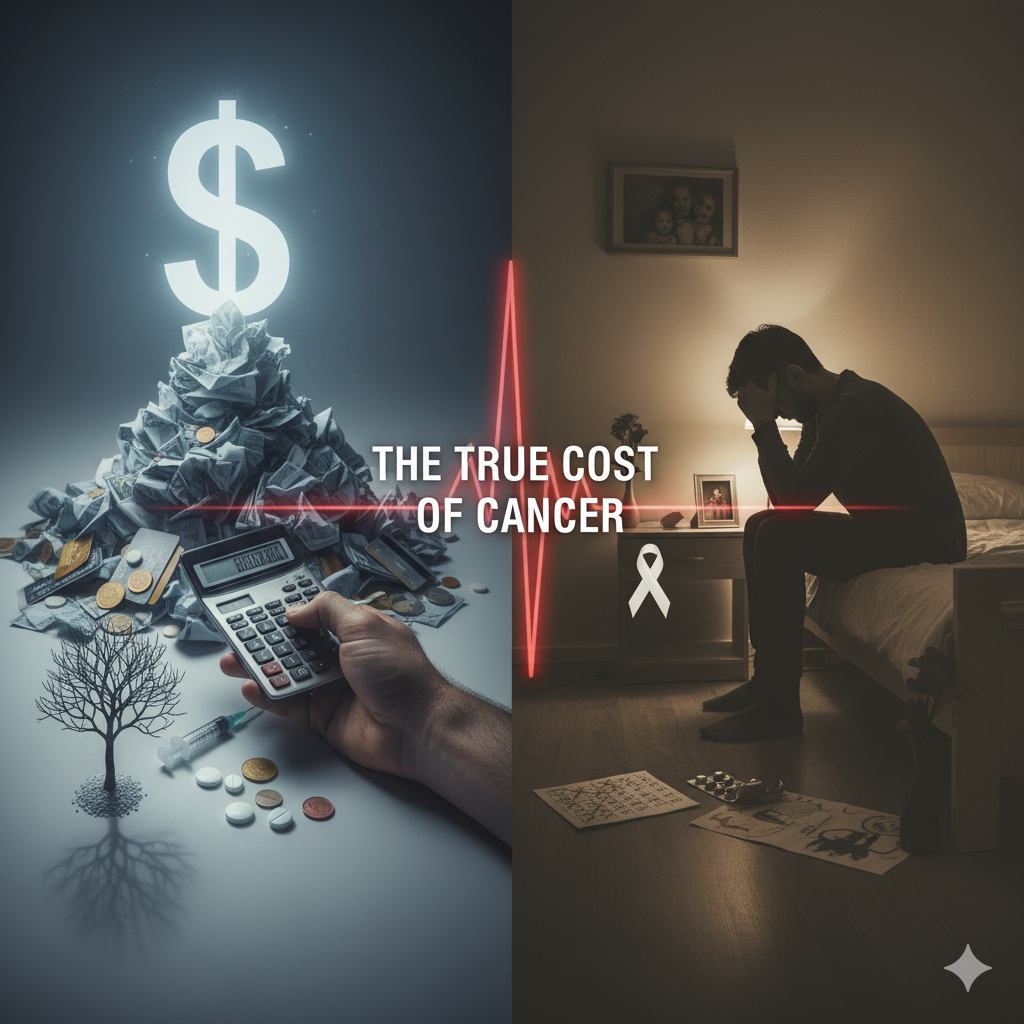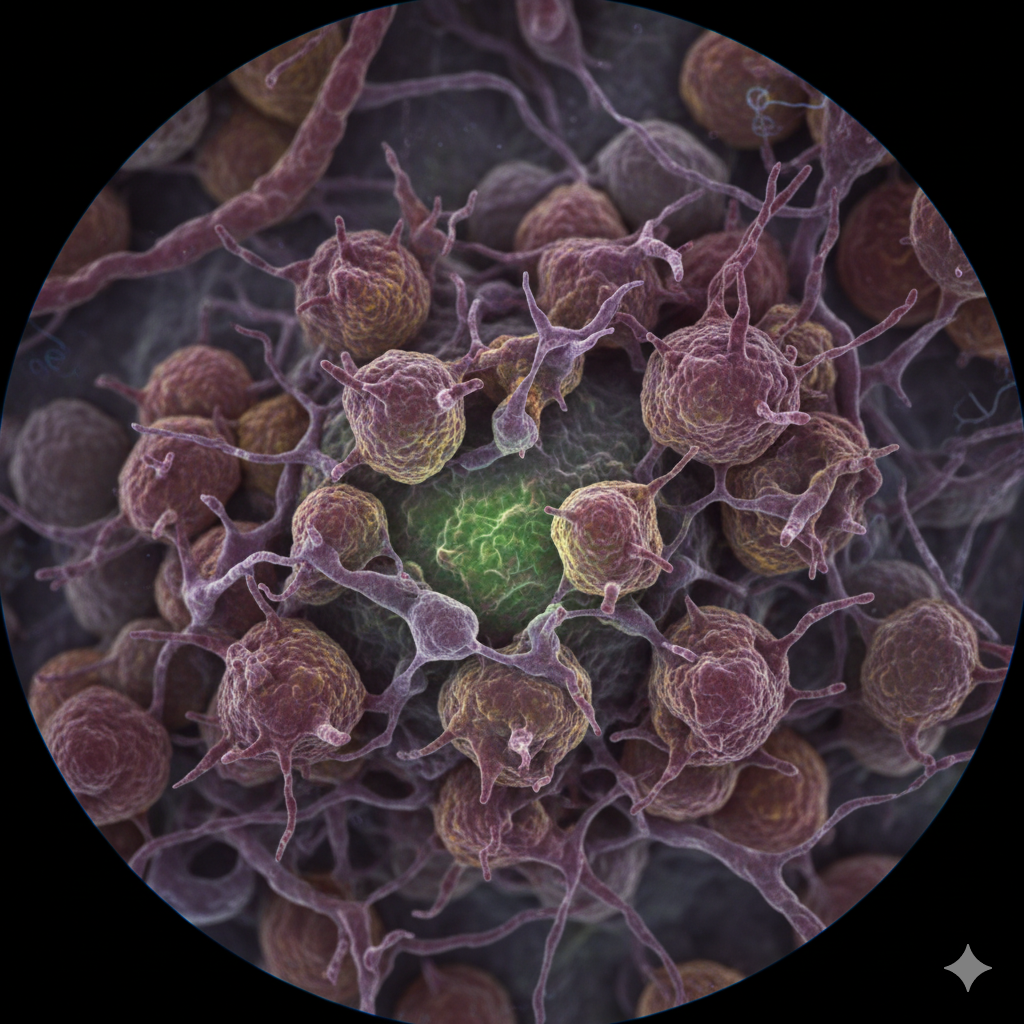
Latest Advances in Cancer Treatment: Immunotherapy, Targeted Therapy & AI
The landscape of cancer treatment continues to evolve rapidly with groundbreaking innovations expanding options beyond traditional chemotherapy, radiation, and surgery. In 2025, the integration of immunotherapy, targeted therapy, and artificial intelligence (AI) is ushering in a new era of precision oncology that aims to provide more effective, personalized, and less toxic cancer care.
This comprehensive overview explores these cutting-edge advances reshaping cancer treatment, highlighting how they work together to improve patient outcomes and offer hope against various malignancies.
Immunotherapy: Harnessing the Body’s Immune System
Immunotherapy uses the patient’s own immune system to recognize and destroy cancer cells. It has transformed treatment for many cancers, from melanoma to lung and blood cancers.
Types of Immunotherapy
-
Checkpoint Inhibitors: Drugs that block proteins (e.g., PD-1, PD-L1, CTLA-4) used by cancer cells to evade immune attack, thereby restoring immune function.
-
CAR-T Cell Therapy: Genetically engineered T-cells designed to target specific cancer antigens, showing remarkable success in blood cancers.
-
Cancer Vaccines: Stimulate the immune system to fight cancer-specific proteins.
-
Monoclonal Antibodies: Target tumor cells directly or deliver cytotoxic agents.
2025 Innovations
-
Combination immunotherapies boosting response rates.
-
Personalized neoantigen vaccines tailored to individual tumor mutations.
-
AI-driven biomarkers predicting patient response to immunotherapy.
-
Emerging applications in solid tumors previously resistant to immunotherapy.
Targeted Therapy: Precision Attacks on Cancer Cells
Targeted therapies are drugs designed to interfere with specific molecules that drive cancer growth and progression. Unlike traditional chemotherapy, they precisely attack cancer cells, sparing healthy tissue and reducing side effects.
Key Targets
-
Tyrosine Kinase Inhibitors (TKIs): Block enzymes involved in signaling pathways critical to tumor survival.
-
PARP Inhibitors: Induce DNA damage in tumors deficient in repair mechanisms.
-
Hormone Therapies: Block hormones that fuel certain cancers like breast and prostate.
-
Angiogenesis Inhibitors: Prevent formation of new blood vessels nurturing tumors.
2025 Developments
-
Next-generation targeted drugs overcoming resistance mechanisms.
-
AI-powered drug discovery yielding novel candidates.
-
Integration with immunotherapy for synergistic effects.
-
Liquid biopsy-guided treatment adjustments in real time to tackle tumor heterogeneity.
AI in Cancer Treatment: Revolutionizing Diagnosis and Personalization
Artificial intelligence is transforming how oncologists diagnose, plan, and monitor cancer therapies.
Applications in 2025
-
Enhanced Diagnostic Imaging: AI algorithms detect tumors earlier and with higher accuracy in radiology and pathology.
-
Treatment Optimization: Machine learning models analyze clinical and molecular data to recommend personalized therapy regimens.
-
Predictive Analytics: AI forecasts treatment response, side effects, and disease progression.
-
Clinical Trial Matching: Accelerates patient enrollment matching molecular profiles with experimental therapies.
-
Automated Monitoring: AI-powered wearables track patient health, enabling timely interventions during treatment.
Synergy with Immunotherapy and Targeted Therapy
AI aids in identifying patients likely to benefit from immunotherapy or targeted agents by analyzing complex biomarkers and genetic profiles, enhancing precision.
Integrating Innovations for Improved Outcomes
The integration of immunotherapy, targeted therapy, and AI-driven personalization forms the cornerstone of modern oncology, enabling:
-
More durable remissions and longer survival.
-
Reduced toxicity and improved quality of life.
-
Swift adaptation to tumor evolution.
-
Expanded access to novel therapies through digital health platforms.
Conclusion
2025 marks a pivotal year in cancer treatment, as immunotherapy and targeted therapies combine powerful biological mechanisms with AI’s computational intelligence to revolutionize patient care. These breakthroughs provide hope for improved survival and better quality of life for cancer patients worldwide.
Staying abreast of these innovations enables clinicians, researchers, and patients to leverage state-of-the-art therapies tailored with unparalleled precision, truly turning the tide in the fight against cancer.










